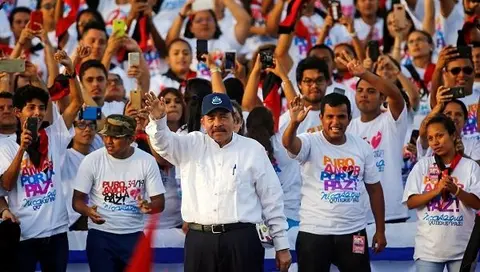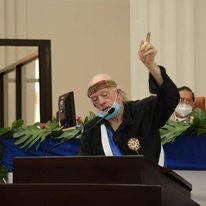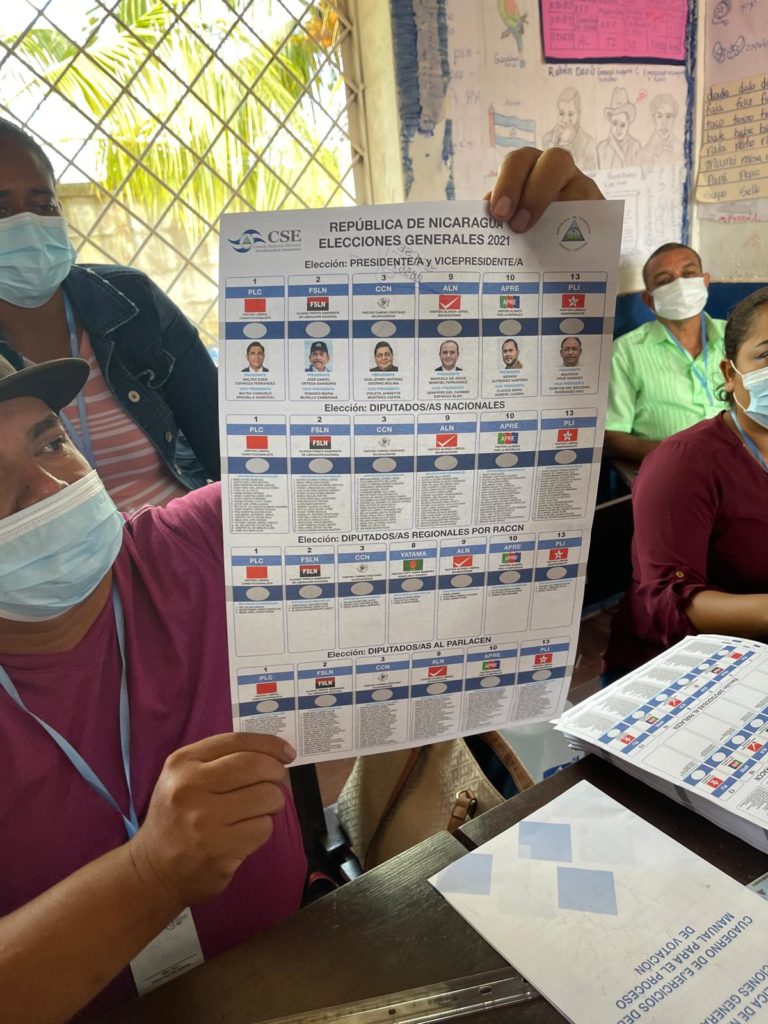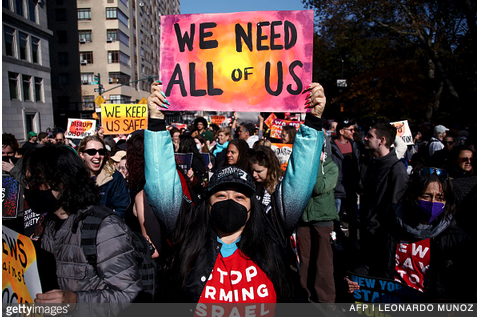Ortega wins fourth term for the Sandinista Party
A little more than a week has passed since Daniel Ortega, the Sandinista comandante, won the Nicaraguan presidential election for the fourth time by receiving at least 73 percent of the popular vote. Six candidates were listed on the national ballot, five of them from recognized opposition parties, while international observers bore witness to the voting process at regional centers across Nicaragua. The observers remarked in a bilingual press conference that the election had been “free and fair,” noting that voters experienced very short wait times amid a high turnout.
Nonetheless, condemnation from world leaders surrounding the election, and the detention of potential Presidential candidates prior to the vote, dominate headlines in major news outlets in the US. Friday, President Biden called the election a sham, and proceeded to apply sanctions against specific Nicaraguan officials while also signing the RENACER Act into law. The UK chimed in yesterday by freezing assets and waging economic war on Nicaragua, in line with an Organization of American States (OAS) vote to condemn it.
How do we, as people of conscience that value human rights and economic justice, wade through these contradicting messages? Can we quiet the hype of the news media and US establishment, listen to the people on the ground, and yet maintain a clear mind in our critique about Ortega and his administration’s actions? We must not forget the presence of US hegemony and economic sabotage that also comes into play, in 2021.

Like other peace and justice organizations, Peace House has supported human rights efforts in Nicaragua and Honduras for decades. In the 1980’s, members of Peace House protested US military intervention for it’s aid to the Contras, the heavily armed, US trained militias that preyed on the Sandinista peasant movement at the time.
The Sandinista resistance endured the Contras’ attacks, and successfully overthrew the regime that had been forcing Nicaraguan people to live in deplorable conditions for more than three decades. The country’s political leadership since the 1980’s swayed, and Nicaraguans elected several neoliberal leaders, who rolled back land ownership reforms and progressive policies established by the Sandinistas.
Since 2006, when President Ortega was first re-elected, conditions for many Nicaraguans have improved. So, while the Sandinista Party has nuanced over the years, with some in favor of Ortega and others in stark opposition, the party has secured measurable improvements for the Nicaraguan people. And, importantly, in comparison to neighboring Honduras, Nicaragua in 2021 has a functioning economy where farmers grow food and people have access to healthcare.

Brian Wilson, a Veterans for Peace advocate for Nicaraguan human rights, has been living in the country for the past five years and made the following observation:
“The popularity of the Sandinista government is very palpable, stronger in some areas than others, but considering the advances over the past 14 years under Sandinista leadership in health care, education, gender quality, community (not repressive) policing, safe streets, potable water, sanitation, uninterrupted electricity in 99 percent of the country, renewable energy, distribution of seeds and consultations towards food sufficiency, roads and bridges, there is plenty of infrastructure that has helped virtually all Nicaraguan citizenry.”
Perhaps the contradicting messages represent a perennial issue: US economic and political interests continue to be veiled in false claims of benevolent support for democracy. Perhaps development initiatives, and financing for US business interests, rerouted through International Aid programs, are what’s at stake, rather than upholding fair election standards in Nicaragua.
These issues challenge us to think, with critical analyses, about the current political landscape in the US and Nicaragua, and how US sanctions and interventions in the country continue to threaten its sovereignty and economic stability in 2021.


